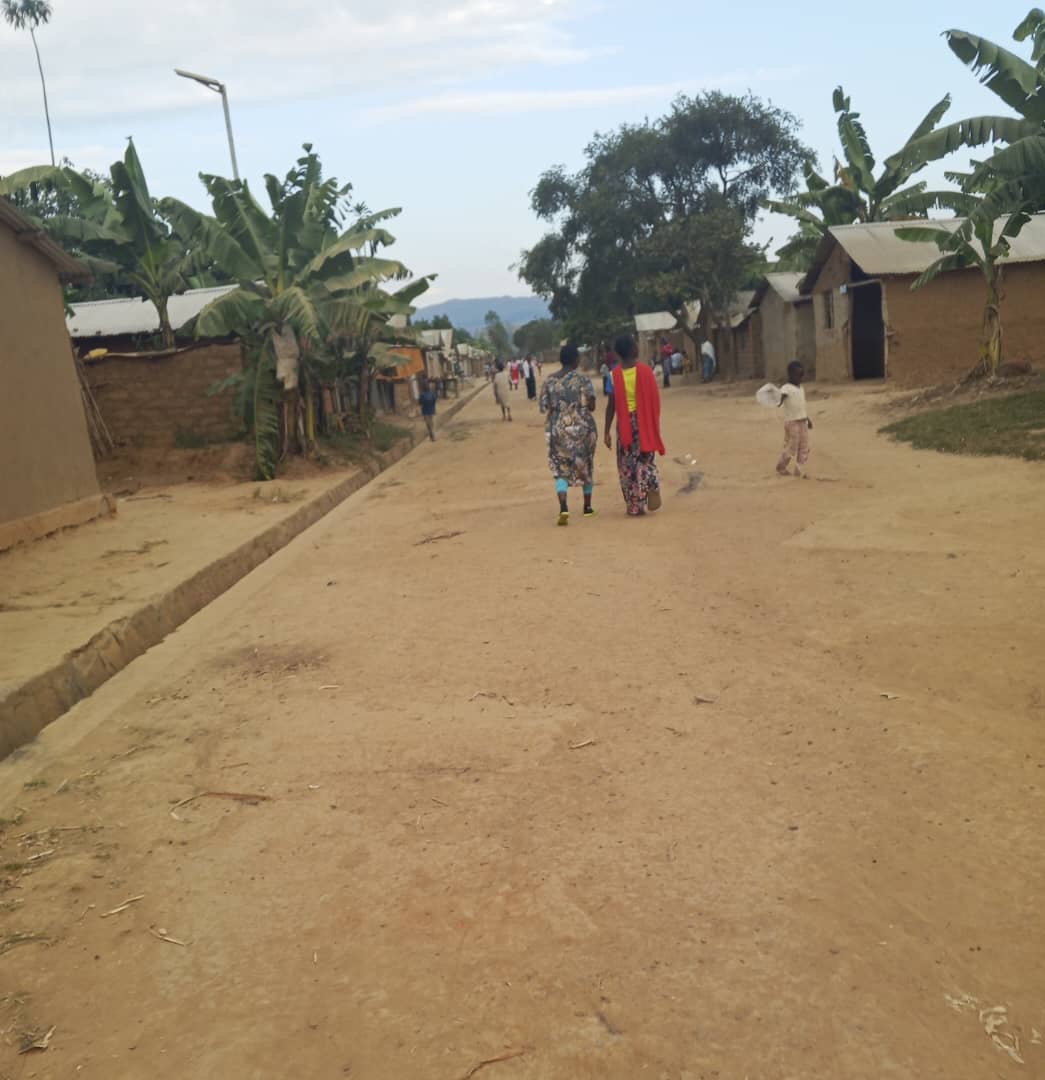Burundi – territorial reform : Congolese refugees in Ruyigi soon to be free to travel without an exit ticket

SOS Médias Burundi
Ruyigi, July 10, 2025 – Thanks to Burundi’s recent administrative reform, Congolese refugees from the Nyankanda and Bwagiriza camps, located in the east of the country, will now be able to move freely within the district of Ruyigi. This is a major development that could end years of arbitrary restrictions.
Until now, these refugees were required to have an exit ticket for any travel outside the camp, even to go to the local market. But since the two camps officially fall under the jurisdiction of the district of Ruyigi, this requirement is no longer applicable.
« We were afraid to leave without a ticket because the Imbonerakure (members of the youth league of the CNDD-FDD, the ruling party) would stop us at the barriers. « Now, with our refugee cards, we can move freely, » says Arielle, a refugee in Bwagiriza.
In accordance with Article 70 of the Internal Regulations on Refugees in Burundi, every refugee has the right to move freely within their district of residence upon presentation of their refugee identity card.
Persistent abuses
Despite this progress, several abuses and arbitrary arrests continue to be reported. Refugees still denounce the presence of illegal barriers and pressure from local groups.
Three men from the Nyankanda camp were arrested in Gitega, the country’s political capital, last February, while returning from Bujumbura, the commercial capital. Although they presented their refugee cards, they are still held in Gitega Central Prison for lack of exit tickets.
« They should never have spent so much time in prison for such a minor offense. » « We demand their immediate release, » pleads Saidi, a refugee from Nyankanda.
More than 90,000 Congolese refugees in Burundi
The Nyankanda and Bwagiriza camps together host nearly 20,000 refugees, mostly from the eastern Democratic Republic of Congo. Burundi currently hosts more than 90,000 Congolese refugees, mainly in its eastern provinces.
This legal advancement is part of the territorial reform that came into effect following the legislative and district elections in June 2025. Burundi is now divided into five provinces instead of 18, and has 42 districts (compared to 119 previously). The number of zones increased from 339 to 447, while the number of villages increased from 2,910 to 3,037.
While the reform paves the way for better local integration of refugees, the latter call for rigorous enforcement of the law on the ground and an end to illegal restrictions on their freedom of movement.

